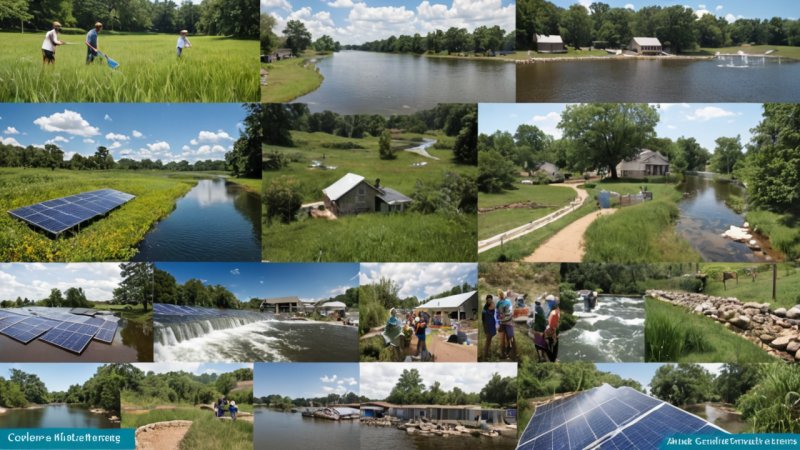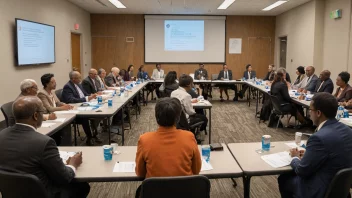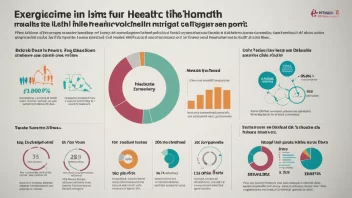Sustainable development is a multifaceted global challenge that encompasses the need to balance economic growth, social equity, and environmental protection. As the world faces increasing pressures from climate change, resource depletion, and social inequality, research plays a pivotal role in identifying innovative solutions and strategies to achieve sustainability. This article explores how various fields of research are addressing these challenges, highlighting key breakthroughs, ongoing projects, and the collaborative efforts needed to foster a sustainable future.
The Importance of Sustainable Development
Sustainable development is defined by the United Nations as development that meets the needs of the present without compromising the ability of future generations to meet their own needs. This concept is critical as it encompasses a wide range of issues including poverty alleviation, environmental preservation, and the promotion of social justice. The 2030 Agenda for Sustainable Development, adopted by all United Nations Member States in 2015, outlines 17 Sustainable Development Goals (SDGs) aimed at addressing these interconnected challenges.
Key Research Areas in Sustainable Development
Research addressing sustainable development spans various disciplines, including environmental science, economics, social sciences, and engineering. Below are some of the key areas where research is making significant contributions.
Environmental Science and Climate Change
Environmental science research is crucial for understanding the impacts of climate change and developing strategies for mitigation and adaptation. Recent studies have focused on:
- Carbon Capture and Storage (CCS): Innovative technologies are being developed to capture carbon dioxide emissions from industrial sources and store them underground to reduce atmospheric concentrations.
- Renewable Energy Sources: Research in solar, wind, and bioenergy is advancing the efficiency and affordability of renewable energy systems, making them more accessible to communities worldwide.
- Biodiversity Conservation: Studies are examining the importance of preserving ecosystems and biodiversity as integral components of sustainable development, highlighting the role of protected areas and sustainable land use practices.
Technology and Engineering Innovations
Technological advancements are pivotal in addressing sustainable development challenges. Key innovations include:
- Smart Grids: Research into smart grid technology is enhancing energy distribution efficiency, enabling better integration of renewable energy sources and improving energy management.
- Water Purification Technologies: Innovative water purification methods, including nanotechnology and solar-powered systems, are being developed to provide clean water in underserved regions.
- Sustainable Agriculture: Precision agriculture, which uses technology to optimize field-level management regarding crop farming, is being researched to increase food production sustainably while minimizing environmental impact.
Social Sciences and Policy Research
The social sciences play a crucial role in understanding the human dimensions of sustainable development. Research in this area focuses on:
- Community Engagement: Studies are examining how local communities can be engaged in sustainable practices, ensuring that development initiatives are culturally relevant and socially equitable.
- Policy Development: Research is informing policy decisions by analyzing the effectiveness of various sustainability initiatives and advocating for evidence-based policies that promote social justice and environmental stewardship.
- Behavioral Change: Understanding the psychological and social factors that influence sustainable behaviors is vital for designing interventions that encourage individuals and organizations to adopt more sustainable practices.
Case Studies of Successful Research Initiatives
Numerous research initiatives worldwide have successfully addressed sustainability challenges. Here are a few notable examples:
The International Institute for Environment and Development (IIED)
IIED conducts research on sustainable development, focusing on the intersection of environment and development. Their work emphasizes the importance of local knowledge and community involvement in creating effective sustainability solutions.
The Global Carbon Project
This initiative aims to provide a comprehensive picture of the global carbon cycle by integrating data from various sources. Their research helps policymakers understand the sources and sinks of carbon emissions, guiding efforts to achieve climate targets.
The World Resources Institute (WRI)
WRI is a global research organization that focuses on sustainable resource management. Their research on sustainable cities, forests, and water has led to innovative solutions that promote environmental sustainability while supporting economic growth.
Collaborative Efforts and Future Directions
Addressing the challenges of sustainable development requires collaboration across sectors and disciplines. Research institutions, governments, businesses, and civil society must work together to share knowledge, resources, and best practices. Future directions in research may include:
- Interdisciplinary Approaches: Encouraging collaboration among scientists, policymakers, and community leaders to develop comprehensive solutions to sustainability challenges.
- Increased Funding for Sustainable Research: Governments and private sectors should prioritize funding for research initiatives that focus on sustainability and climate resilience.
- Public Awareness and Education: Raising awareness about sustainability issues and promoting education on sustainable practices is essential for fostering a culture of sustainability.
Conclusion
Research is integral to addressing the complex challenges of sustainable development. By exploring innovative solutions across various fields, researchers are paving the way for a more sustainable future. As we continue to face pressing global issues, the collaboration between researchers, policymakers, and communities will be critical in achieving the Sustainable Development Goals and ensuring a better world for future generations.






